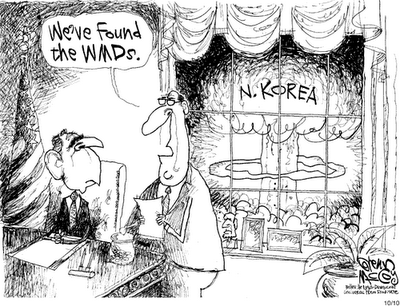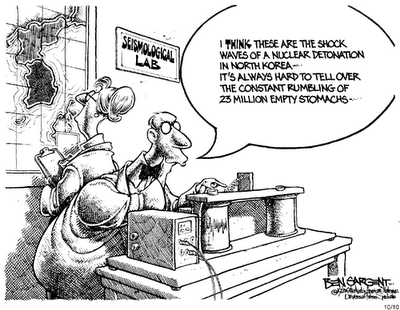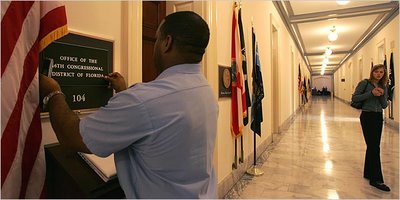I like two things about his revelation:
1. He doesn’t seem to want to make a big deal of it.
2. Maybe, just maybe, it’ll get the fans of Grey’s Anatomy thinking, “hey, maybe those gay people are kinda normal”.
Oh yeah, plus I have a new reason to think that T.R.’s character, “George” is adorable as all get out.

*gush*



